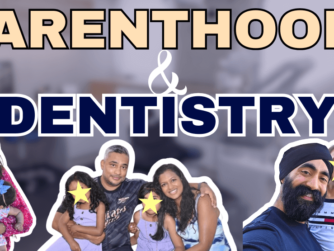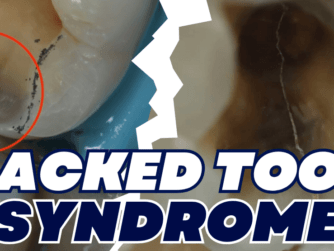Podcast: Play in new window | Download (Duration: 59:46 — 84.5MB)
Subscribe: RSS
I speak with a Musculoskeletal Physiotherapist (Ben Pollock) and a Physio-turned-Dentist (Samuel Cope) about back pain and Dentistry – I was left SHOCKED about the relationship (or lack of!) between bad posture and having pain as a Dentist, Therapist or Nurse.
Protrusive Dental Pearl: check out my favourite (non-dental) books (my reading list) for self-development, social sciences and personal finance.
- How can we prevent back pain becoming a problem for our profession
- Advice for dental professionals suffering from back pain
- Will saddle chairs work? Does magnification really help your back? (this one was surprising, too…)
- Back pain myths debunked – is there a role for massage? Pilates? Mobilisation and manipulation? Acupuncture?
- How to know if your Physiotherapist is evidence based?
- What can we do AT WORK to help our backs?
- Are you moving around while doing your Dentistry? Shout out to @Ian Dunn at 34 minutes
- Is stretching good for back pain?
- What relation does stress have with your back?
- I somehow manage to bring occlusion in this one…sorry not sorry!
- We draw parallels between the Physio world and Dental world
If people want regular updates on back and neck pain in dentistry they should follow:
Twitter: @Toothphysio and @Ben_FYS
Instagram: thetoothphysio
If you are looking for an evidenced based physiotherapist in your local area then find followers of @MSK-Reform on twitter and see if any of them can help.
Message from Sam and Ben:
We will also be starting a novel neck and back pain musculoskeletal pain programme later on in the year that will be advertised through the Toothphysio on twitter and Instagram.
This will include dental specific:
· Education on prevention
· Management of neck and lower back pain
· How to manage colleagues with back and neck pain
· How to cope with acute back and neck pain and how to overcome it with pain relieving strategies
· Case studies
· Exercise class
The course will be run by Sam and Ben, two qualified musculoskeletal specialist physiotherapists who will guide participants though exercises and education.








[…] If you enjoyed this episode, check this another episode by Dr. Ben Pollock and Dr. Samuel Cope, Got Your Back – Physios and Dentists. […]